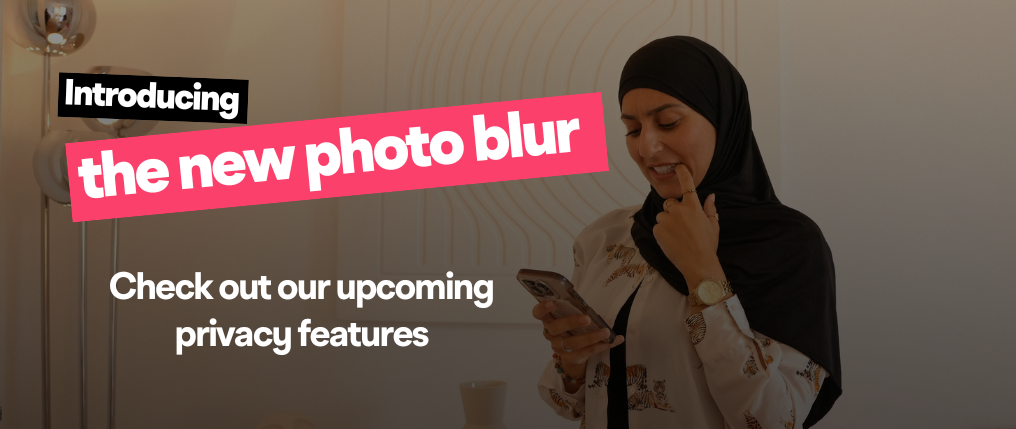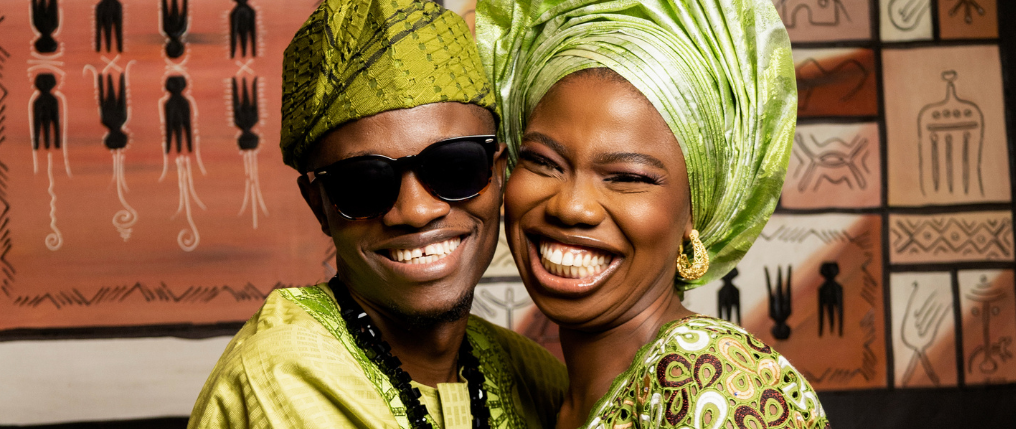
Debunking Desi Myths: It’s never too late to get married
October 19, 2019

A series where we tackle the many myths that permeate within Muslim dominant cultures (mostly South Asian ones, but it’s definitely not exclusive to this region). The thoughts and views in each article belong to the writer/contributor and do not necessarily reflect the views of Muzz.
“Don’t wait too long okay, or it will be too late for you” said my mother days before I turned the ripe old age of 23. “Too late for what?” I asked foolishly. She replied back with the inevitable monologue of the importance of getting married at a respectable, young age because with each year that passes by, I drift away from being a suitable life partner for a man. My counter argument of the importance of shaping a career for myself was met with scoffs and an insistence that “a job will always be there, but marriage isn’t always guaranteed”. And that’s when I realised, I would probably never fit into the world my mother lives in and the social narrative she’s been immersed in.


Looking for your soulmate?
You won’t find your soulmate on this blog post but you might find them on Muzz - the world’s biggest Muslim dating and marriage app.
Growing up in the midst of a British school as a girl in a strict Muslim Pakistani family resulted in the unavoidable struggle of juggling two very different cultures and the image of the subservient daughter that my parents projected onto me. Surrounded by peers who were going out on weekends, dating boys at 16 and wearing miniskirts, I was always looking on as if something in my own life was missing. Maybe it’s the notion that the grass is always greener on the other side, or maybe the grass was actually greener on the other side. Regardless, the double life I started to lead helped to shed the image of me my parents had and I started to choose my freedom over my traditional family’s expectations.
Pakistani society is one in which culture and religion are often so interlinked that differentiating between the two becomes impossible. For example, from a young age, girls are told that they will only be valued in relation to a man. That no matter how much she accomplishes individually, the most imperative thing to achieve is to get a ‘good rishta’ and settle down. Being single and above the age of 25 is often seen as a failure and probably a sign that there must be something ‘wrong’ with the girl. However, this is much more about culture than it is Islam because even Prophet Muhammad’s ( عليه السلام) first wife was about the age of 40. Instead it is the Pakistani culture that perpetuates shame to girls who remain unmarried for a long period of time. But it begs the question: would the same be asked of a man? Is anyone going to tell him that he’s run out of time to find love?
A Pakistani man’s identity is very much different from a Pakistani woman’s; assumptions that one would make about a man are far removed from those one would make about a woman. A young unmarried Muslim woman is assumed to be less valuable and less worthy than a man. There is the assumption that her life has yet to have begun in spite of everything she has achieved thus far. And there is the notion that the dreams she aspires to achieve are only possible after she finds a man. How many times have young Pakistani girls heard the sentence “you can travel anywhere you want to, but only after you’re married, with your husband”. With options such as these, how much is the decision to get married really the woman’s?
But this isn’t a tirade against the patriarchy (well, only a little). We can all agree that obviously not every family and every Muslim girl shares the same thoughts. Some girls never want to get married. Some girls want to get married the minute they turn of age and that’s amazing. Because they’re doing what they want. Yet, in a conservative South Asian family, the marriage market is not a fun one to be in. You always feel as if you are on display and you need to be taken off the shelf before the expiry date. And if you are a little chubby and don’t know how to make the perfect round roti – all hell would break loose. Because aunties want a girl who acts the part as the daughter in law they can show off to their community; in a Pakistani society, reputation means more than people are willing to acknowledge.
Now on the other hand, being part of a generation within the west where being single and career focused is celebrated becomes utterly confusing. The age at which people get married is increasing each year as the current generation becomes more focused on experiencing the joys of uncommitted life before finally settling down, if they even do. But that first paycheck, the first promotion and the simple feeling of independence can arguably be as fulfilling as a marriage.
It would be a logical conclusion to make that I seem like I never want to get married, but the thing is I do want to one day. But I want it to be on my terms, with someone of my choosing and at an age that I decide I’m ready to share my very full and thriving life (fingers crossed) with someone who adds to it rather than consumes it. With halal dating becoming more and more embraced, men and women can get to know each other with the intention of getting married. Therefore, we have more choices than we ever had before. But that’s the point. It’s our choice to make, not anyone else’s.
I’m 23, Muslim, and Pakistani, and am not married. But I am not unique. To those trying to survive in a culture where single women are told they can’t survive by themselves, you’re not alone.
Written by Anonymous
*Help Muzz end forced marriages by donating here -> http://bit.ly/muzz-charity.
We are going on a 25km hike to raise money for these women, so sponsor us now and help save lives!

